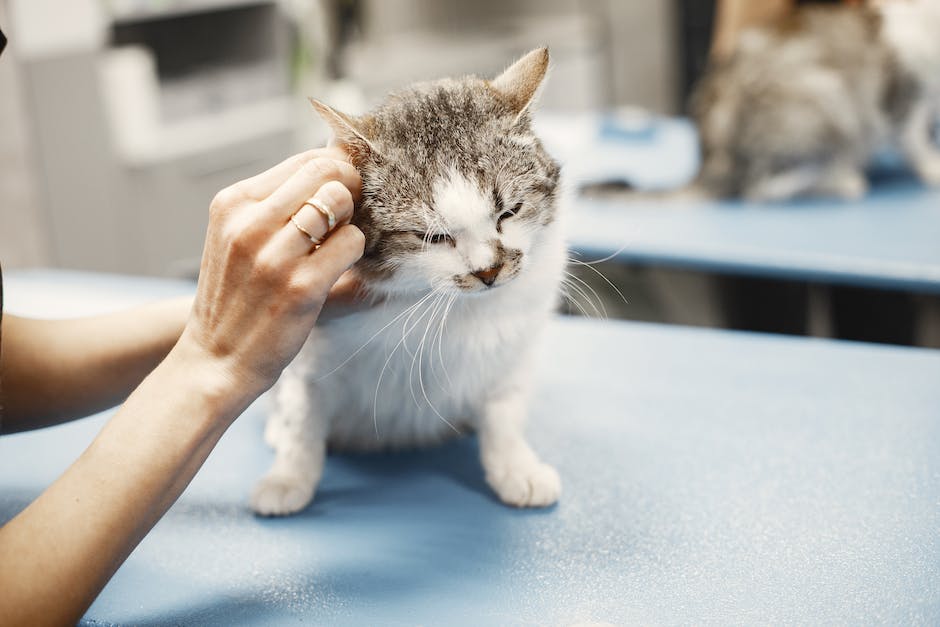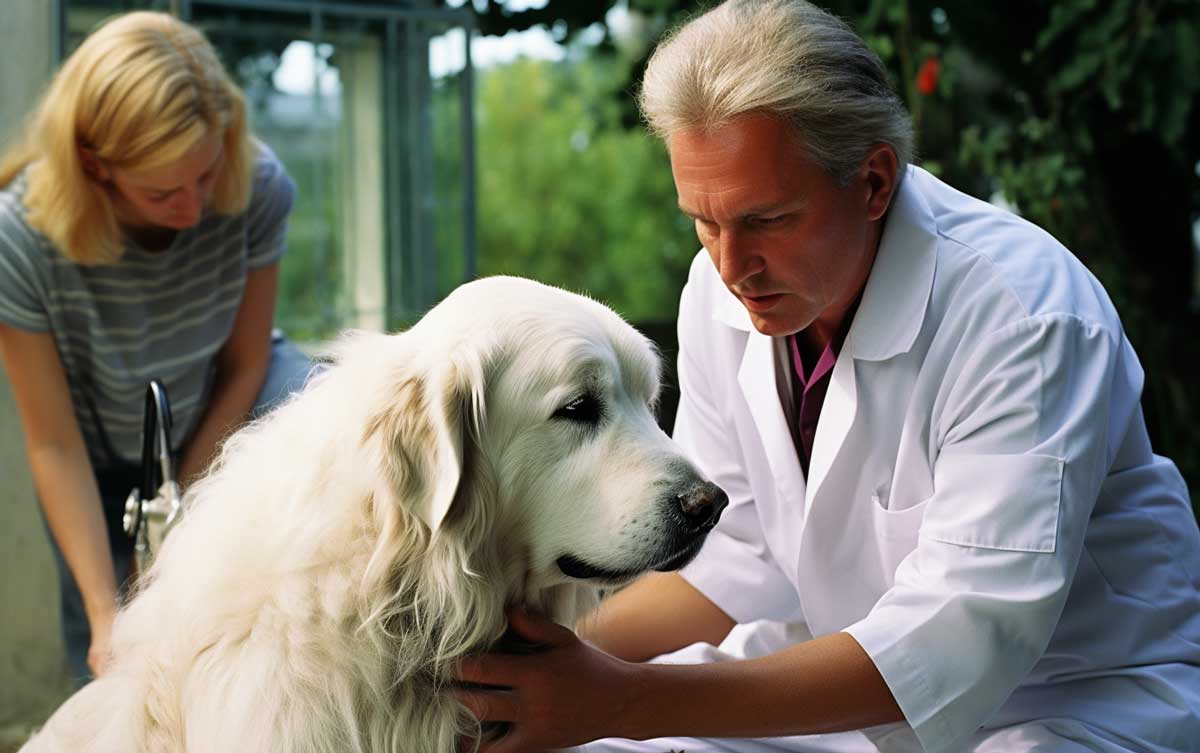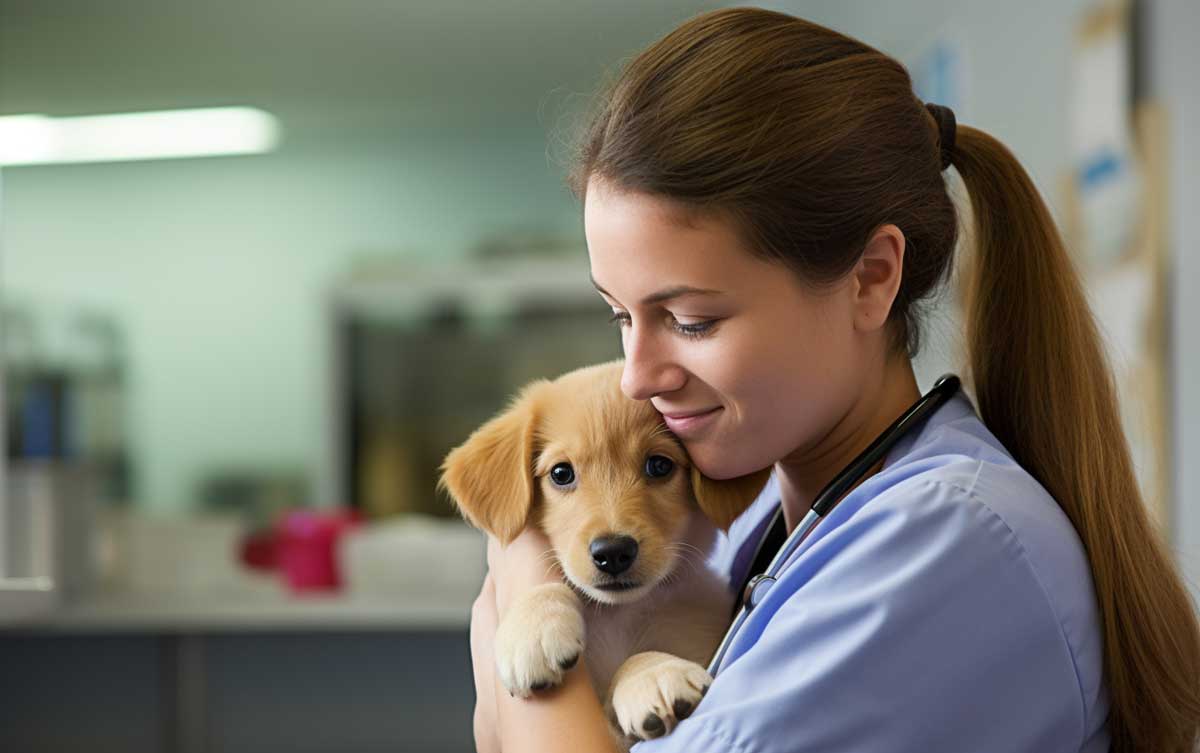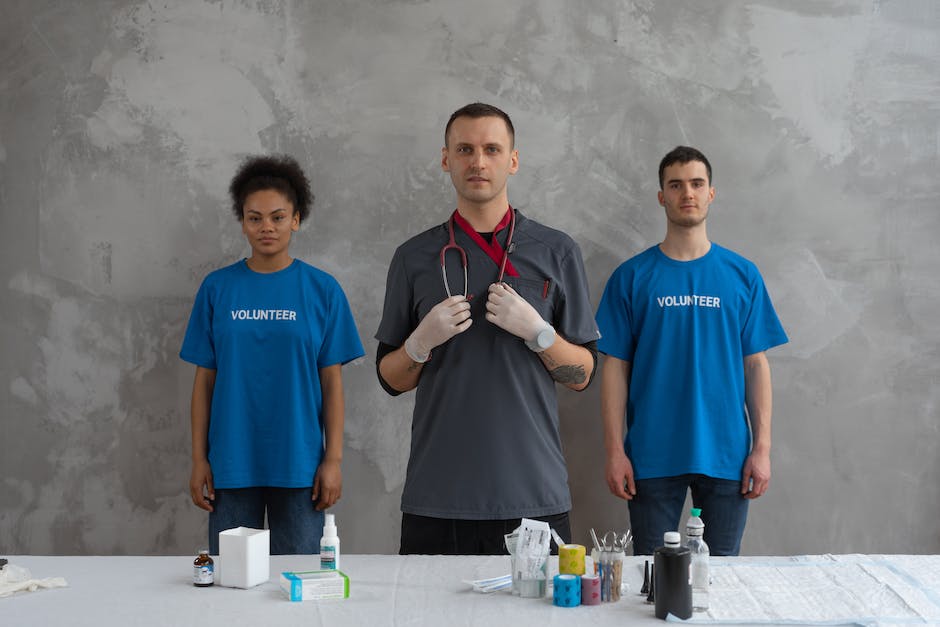Pets are more than just animals; they are cherished members of our families, offering companionship, love, and countless memorable moments. However, with the joys of pet ownership come responsibilities, one of which is ensuring their health and well-being. As pet owners navigate the realm of veterinary care, many are often taken aback by the associated costs.
This article aims to shed light on why are vets so expensive and provide a comparison between veterinary care and human health care.
Overview Of Veterinary Costs
Veterinary care is essential for the well-being of our beloved pets. However, many pet owners are often taken aback by the costs associated with vet visits.
Veterinary Care vs. Human Health Care
Veterinary costs can vary widely based on the type of service, the location of the clinic, and the specific needs of the pet. Common expenses during vet visits include check-ups, physical exams, x-rays, lab tests, medications, vaccinations, and bandages. For instance, the average national cost for a dog's routine check-up ranges from $50 to $250. When you factor in wellness check-ups, dental care, lab tests, and vaccines, the costs can add up significantly.
Cost Differences Between Veterinarians And Doctors
There's a prevalent misconception that veterinary costs surpass human medical expenses. However, when comparing the costs side by side, the expenses for both humans and pets for similar procedures are quite alike. The primary difference lies in the fact that there's no government subsidy for pet healthcare, making the out-of-pocket expenses appear higher for pet owners.
Moreover, pets age much faster than humans. This means they experience a lifetime of health concerns, ranging from pediatric to geriatric issues, in a much shorter timeframe. Additionally, unlike humans, pets cannot communicate their ailments verbally, necessitating veterinarians to conduct extensive investigative tests to diagnose the problem.
Here's a comparison of some common procedures:
-
Hip Replacement:
-
Human: $5,000 (Medicare rebate: $1,900, Out of pocket: $3,100)
-
Pet: $5,000-$6,000
-
Cruciate Ligament Repair:
-
Human: $3,800 (Medicare rebate: $1,500, Out of pocket: $2,300)
-
Pet: $3,000-$4,000
-
Entropion (Eye Surgery):
-
Human: $1,500 (Medicare rebate: $550, Out of pocket: $950)
-
Pet: $1,236
-
Cataract Surgery:
-
Human: $2,000 (Medicare rebate: $770, Out of pocket: $1,230)
-
Pet: $1,805 (Average claimed amount for surgical cases: $7,079)
It's essential to note that the human costs mentioned above do not include hospital fees. These costs are merely examples and can vary based on individual circumstances.
Comparison Of Treatments And Services Offered
When comparing treatments and services, it's evident that both human and pet healthcare sectors offer a wide range of services tailored to their patients' needs. For instance, while humans might undergo hip replacement surgery due to age-related issues, dogs under two years of age might require the same procedure. Similarly, cruciate ligament disease is common in dogs under seven years old, whereas humans refer to it as the anterior cruciate ligament (ACL).
Entropion, a condition where the eyelid rolls in, causing irritation to the eyeball, is more prevalent in pets under one year old. On the other hand, managing cataract conditions in pets can range from basic medical treatment to surgery, with pets over eight years old being more likely to require the procedure.
Factors That Affect Veterinary Costs
Veterinary care is essential for our pets, but the costs can sometimes be overwhelming for pet owners. So, why are vets so expensive? Several factors contribute to the expenses associated with veterinary care. Let's delve into some of these factors to gain a better understanding.
Medical Equipment And Facilities
The advancement in veterinary medicine has led to the incorporation of state-of-the-art medical equipment and facilities. These tools, while essential for accurate diagnosis and treatment, come with high costs. For instance, the availability of MRIs for pets has become more widespread, providing a crucial diagnostic tool. However, an MRI can start at $2,000 before any treatment begins.
Education And Training Requirements For Veterinarians
Becoming a veterinarian requires extensive education and training. The costs associated with obtaining a veterinary degree can be substantial, and these expenses often get passed on to clients in the form of service fees. Additionally, veterinarians must continually update their knowledge and skills, which can further add to the costs.
Emergency Visits, Surgeries, And Specialized Treatments
Emergencies are unpredictable and can be costly. Procedures like surgeries or specialized treatments can quickly rack up bills in the thousands. For instance, cancer diagnoses in pets have seen a spike, and the full treatment, including surgery and chemotherapy, can cost between $8,000 and $10,000 for a dog or cat.
Insurance Coverage For Pets
While pet insurance can help offset some veterinary costs, its adoption rate in the U.S. is relatively low. Only 2% to 3% of pet-owning households in the U.S. have pet insurance, compared to 25% in Europe. The low adoption rate in the U.S. might be attributed to the initial poor quality of insurance products and barriers like credit scores or income levels that restrict access to these products.
Vet Bills vs. Human Hospital Bills
The veterinary care system lacks certain financial cushions present in human healthcare. For instance, human hospitals are required to treat emergencies regardless of a patient's insurance status and get reimbursed for Medicare expenses. In contrast, veterinarians have no such program and must bear the costs of medication and medical supplies without reimbursement. This disparity often results in higher prices for veterinary services.
Furthermore, corporate ownership of veterinary clinics has been on the rise, with conglomerates like Mars Inc. owning major vet clinic chains in the U.S. Corporate-owned clinics typically have higher charges than independently owned facilities. For example, the cost of an ultrasound can vary significantly between clinics, with some charging as much as $1,000 and others only $200 for the same procedure.
The Cost Of Pet Ownership
Owning a pet is a rewarding experience that brings joy and companionship to many households. However, it's essential to understand the financial commitment that comes with pet ownership. Let's explore the various costs associated with having a pet.
Standard Of Care For Pets
The standard of care for pets involves providing them with a safe environment, proper nutrition, regular medical check-ups, and necessary treatments. According to the American Pet Products Association (APPA) 2021–2022 National Pet Owners Survey, feeding a cat can cost on average $4.88 per week, and that rises to $5.52 a week for a dog. Moreover, routine veterinary care is crucial. The average American spends about $583 in medical expenses per dog each year, and for cats, it's estimated to be about $343 per year.
Vet Practices vs. Human Health Centers
While both veterinary practices and human health centers aim to provide the best care possible, their operational models differ. Veterinary practices often bear the full brunt of medical expenses without government subsidies or large-scale insurance systems to cushion the costs. This lack of financial support can lead to higher prices for veterinary services compared to human health care.
Treatment Options For Pet Owners
Pet owners have a range of treatment options available for their pets, from routine check-ups to specialized surgeries. However, these treatments come with varying costs. For instance, diagnostic testing for conditions like cancer can exceed $1,000, not including surgical care or long-term treatments. The APPA survey estimates the average cost of surgical care for a pet to be about $458 for a dog and $201 for a cat.
Moreover, pet insurance has become an increasingly popular way for pet owners to manage medical expenses. Some employers even offer group policies for pet owners. However, it's essential to understand the terms of any insurance policy, including spending caps, deductibles, and coverage limitations.
Beyond medical costs, pet owners should also consider other expenses such as grooming, boarding, and travel fees if they wish to take their pets on trips. Many towns and cities also require pet registration, which comes with associated fees.
Understanding Veterinary Expenses
Understanding why are vets so expensive, and the costs involved is crucial for making informed decisions. While the expenses can sometimes be daunting, they reflect the high standard of care our pets receive. As responsible pet owners, it's essential to recognize the value of the services provided by veterinarians and the love and companionship our pets offer in return. By being well-informed and prepared, we can ensure that our furry friends lead healthy, happy lives while also managing our finances effectively. Whether you're a seasoned pet owner or considering bringing a new pet into your home, being aware of the costs and planning accordingly will pave the way for a fulfilling and joyous journey with your beloved companion.
Learn more about different assistance programs you can qualify for by exploring our detailed guide on how to get free medical supplies for senior citizens. Visit Gov Relations and browse through the available resources to learn more.







